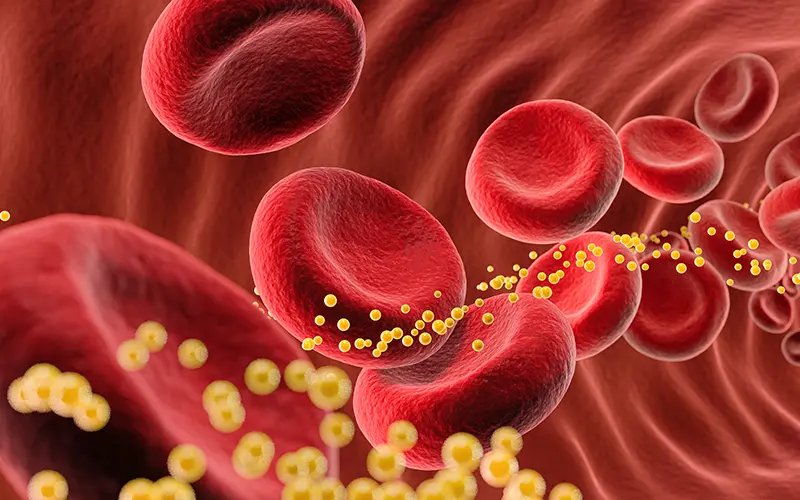During our annual physician’s visit, lab work is always ordered, and part of that lab work is usually the cholesterol levels. Cholesterol is a waxy, fat-like substance that your body needs for good health, but in the right amounts.
Lipoproteins are small, round particles made of lipids (fats) and proteins. These particles carry cholesterol in your blood and throughout your body. Two types of lipoproteins include:
- Low-density lipoprotein (LDL), sometimes called “bad” cholesterol
- High-density lipoprotein (HDL), sometimes called “good” cholesterol
High levels of “bad” LDL cholesterol may create a buildup of plaque (fatty deposits) in your arteries. This buildup can lead to a heart attack, stroke, or other health problems. High levels of “good” HDL cholesterol may lower your risk for health problems. HDL cholesterol carries cholesterol and plaque to the liver to be flushed out of the body.
Routine blood tests can show whether your cholesterol levels are healthy or unhealthy. To help get your cholesterol levels into the healthy range, you may need heart-healthy lifestyle changes or medicines.
The link below for the American Heart Association is a great resource to learn more about cholesterol, lifestyle, and medications.
https://www.heart.org/en/health-topics/cholesterol/about-cholesterol

